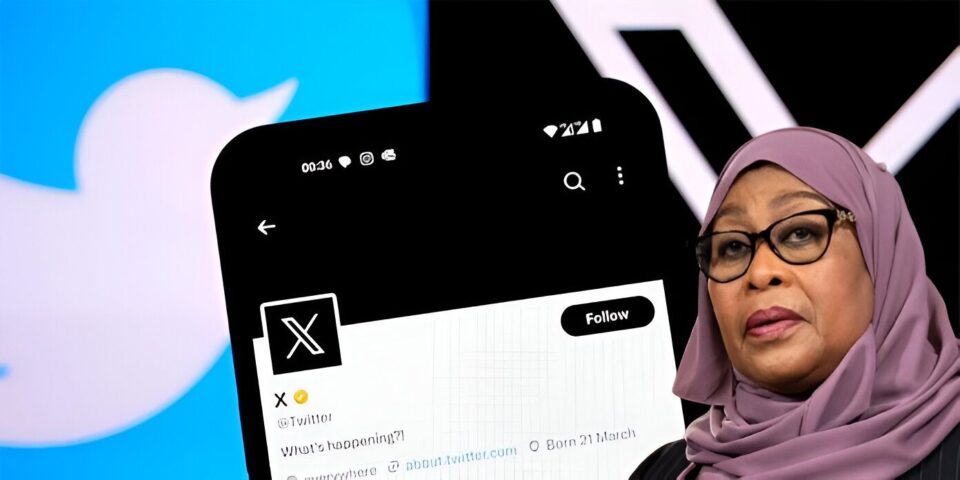By Our Reporter
Tanzania has blocked access to the social media platform X (formerly known as Twitter) after the official account of the Tanzania Police Force was hacked and used to falsely announce the death of President Samia Suluhu Hassan. The fake announcement triggered widespread panic before it was swiftly debunked by government officials.
The hack, which occurred early Tuesday morning, was quickly labeled a serious national security incident. In its immediate aftermath, the Tanzania Communications Regulatory Authority (TCRA) directed local Internet service providers to block access to X, citing urgent cybersecurity and public safety concerns.
Government spokespersons defended the shutdown as a necessary step to prevent the further spread of disinformation and to restore order. “This action was taken to safeguard the nation from panic and misinformation during a sensitive moment,” a senior government official said.
However, the move has drawn sharp criticism from civil society organizations and digital rights advocates. This marks the second time in under a year that the Tanzanian government has shut down access to X, following a similar clampdown in 2024, which was widely believed to be linked to online political mobilization by opposition groups.
The repeated blockages highlight a growing rift between the state’s desire for digital control and public demands for freedom of expression. Tanzania’s 2022–2027 Government Cyber Security Strategy calls for increased state oversight of digital infrastructure, ostensibly to strengthen resilience against cyberattacks. But critics say these measures are increasingly being used to justify censorship and suppress dissent.
“This trend sets a dangerous precedent,” warned the Internet Governance Tanzania Working Group (IGTWG) in a statement. “The regular disruption of access to communication platforms undermines public trust and curtails democratic engagement.”
Analysts fear Tanzania’s approach may influence other African governments to adopt similar tactics under the banner of cybersecurity. As digital platforms play an ever-larger role in shaping public discourse across the continent, the challenge of balancing state security interests with citizens’ rights to information and free expression becomes more urgent.
While access to X remains blocked, pressure is mounting on the Tanzanian government to restore digital freedoms and provide transparent updates on its cybersecurity strategy moving forward.
